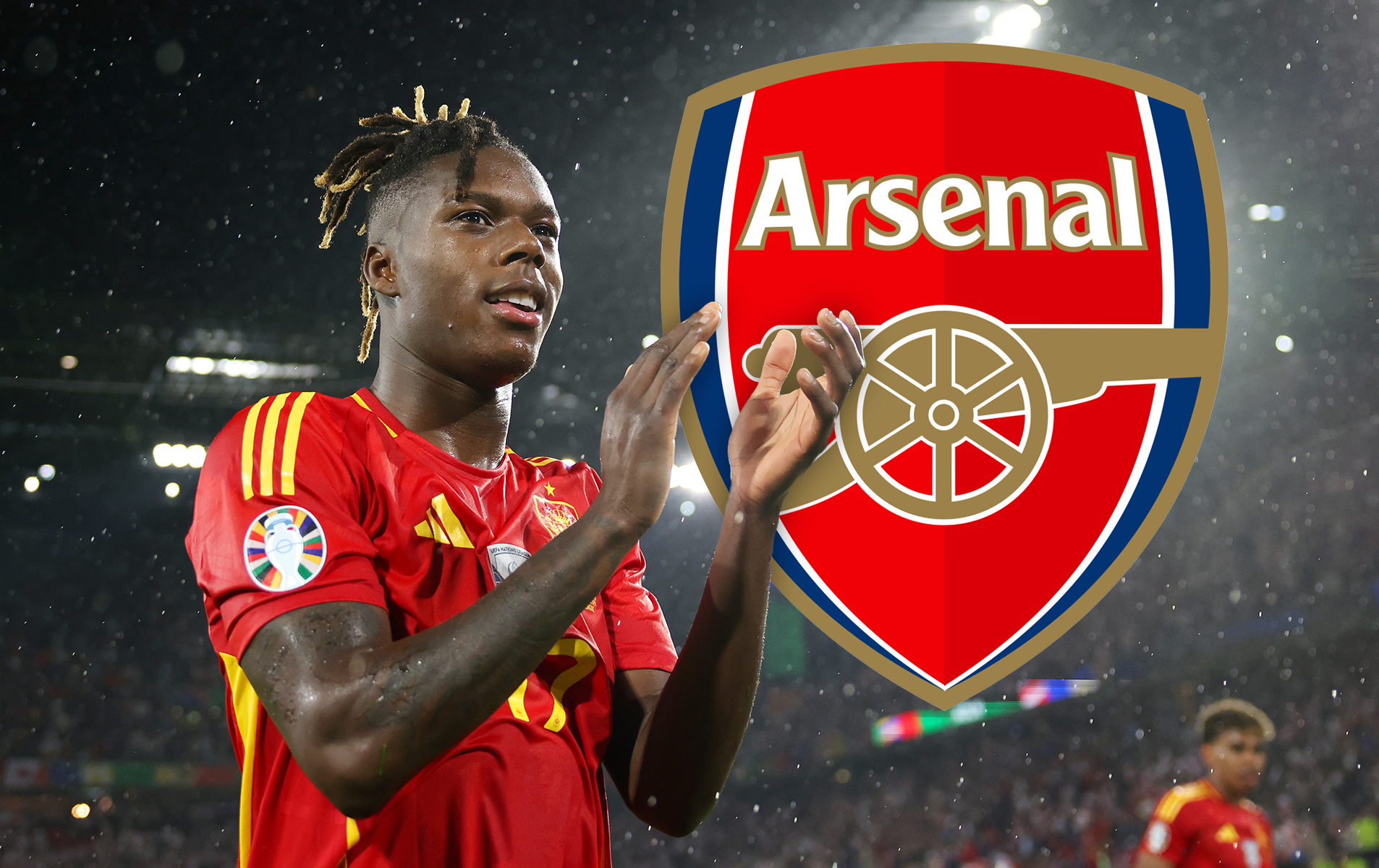Top 10 ways to save cash: no more turkeys, Fergie's ball and cheap fish (except for Romario)
Feeling the pinch? Don't worry, writes Jon Spurling, history suggests you don't always need to raid the sofa cracks to break even. Or on second thoughts...

1) “Bah humbug,” say the Gunners
With crowds plummeting, and the club mired in mid-table in 1983, Arsenal’s board of directors decided that they needed to cut their cloth accordingly. One of the Gunners’ more unusual money-saving schemes was to announce that during the festive season, “free turkeys will no longer be given out to club employees”. “It’s amazing how money gets gobbled up these days,” one office employee told The Sun.
2) Clough: managerial genius and coach driver
Even as Clough and Taylor worked their magic at Hartlepool in the early ’60s, the North East outfit, in Clough’s words, “still never had two pennies to rub together”. Clough bought into the “tight ship” mode of thinking, gaining his HGV licence so he could ferry the team to away matches rather than “waste the club’s brass on paying a driver”.
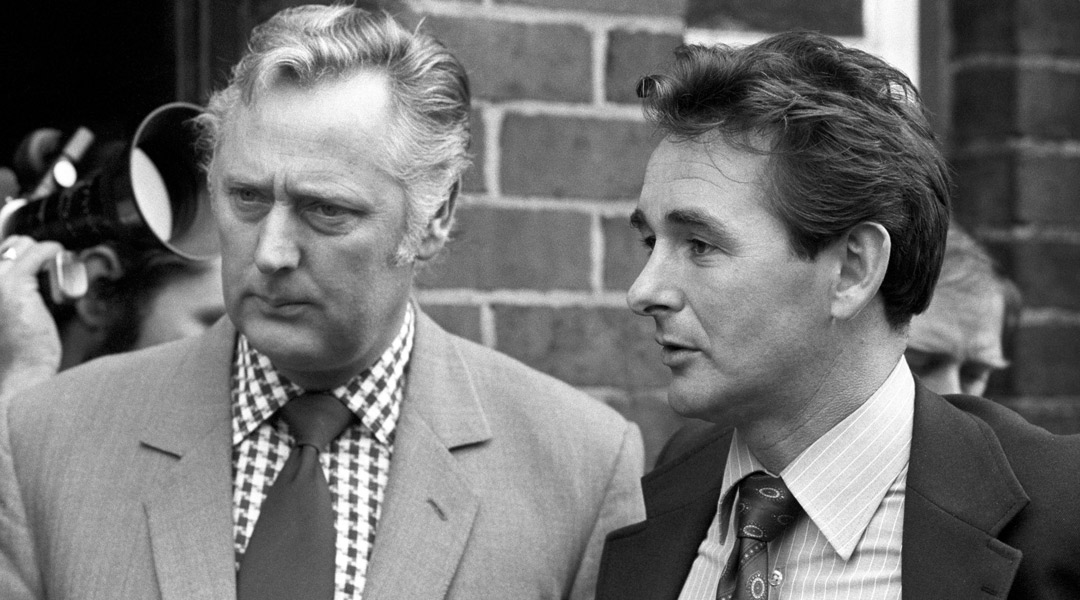
3) Halifax’s Depression-era pay freeze
Keeping a football club alive during the Depression years of the 1930s was tough, and Halifax Town seemed to perpetually totter on the brink of extinction. The club needed the revenue from lucrative FA Cup ties, often played out against the backdrop of annual blizzards at The Shay. Halifax couldn’t afford to pay the council to clear the snow, so used an army of willing volunteers instead. Their reward was free tickets to the games where, like the rest of the crowd, they nearly froze to death.
Get FourFourTwo Newsletter
The best features, fun and footballing quizzes, straight to your inbox every week.
4) “Mr Ferguson, can have I my ball back please”
After netting three for Aberdeen against Celtic in the late ’70s, Steve Archibald was prevented from keeping the match ball by boss Alex Ferguson. It wasn't because Fergie didn’t want his striker to get ideas above his station; instead, Archibald claimed Ferguson simply didn’t want to shell out for another ball. Later, he punted it into Fergie’s office and shouted: “Here’s your bloody stupid ball, man,” as it rebounded around the walls.
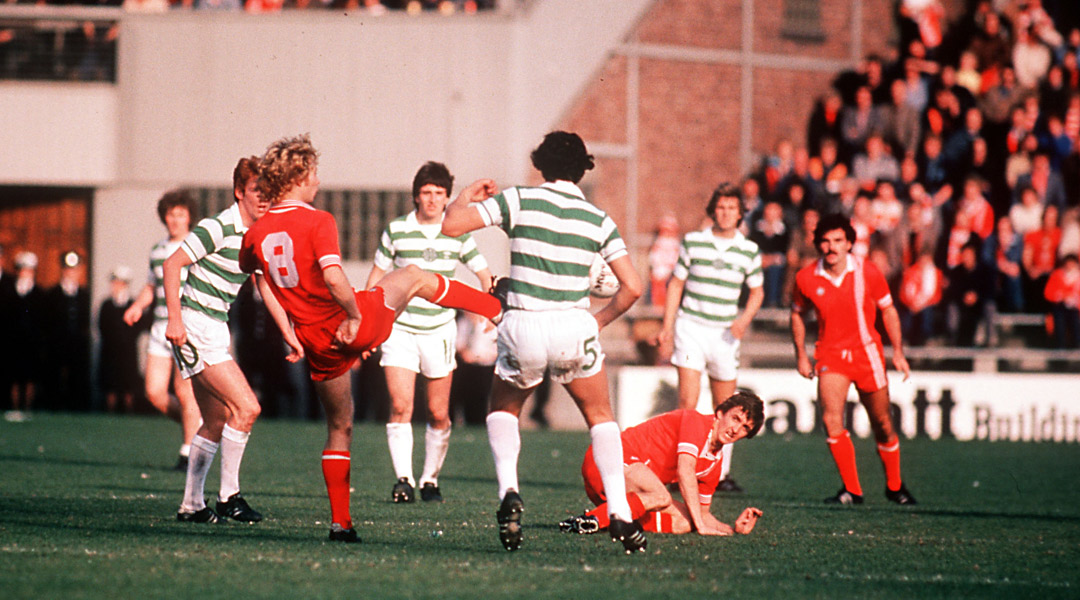
5) Man City’s muddy bandage shame
When Trevor Francis joined Manchester City in the early ’80s, it caused friction behind the scenes at Maine Road: the club couldn’t afford his gargantuan wages, after previously blowing huge amounts on the likes of Steve Daley and Kevin Reeves. Even the club doctor was under orders to make cutbacks, and Francis and other crocked stars were sometimes provided with second hand, mud-stained bandages as City tried to make ends meet. Ultimately the club made the most effective saving of all, by selling Francis to Sampdoria less than a year after signing him.
6) How to keep the Wolves from the door
With Wolves teetering on the brink of oblivion in the 1980s, even the milkman refused to deliver to Molineux because the Midlands outfit was so deep in debt. One of the more inventive measures taken by the club was to suggest that office staff vacated the premises by 3pm to save on electricity and heating bills in the winter, and drank only cold water at work to save on energy bills. Steve Bull’s arrival in the mid ’80s finally warmed things up slightly.
7) Romario + smoked salmon = World Cup glory
Railing against an austerity package put into place during qualification for the 1994 World Cup, opinionated Brazil striker Romario expressed his disgust at being forced to eat “peasant fodder” at team training camps. Perhaps it was the “cheap and nasty cereal and fish” or “being forced to share a room” at night, but Romario blew his top one evening before a qualifier against Peru and threatened to storm out. He got his way, though, and was later allowed to tuck into smoked salmon while others ate their “cheap” steamed fish.
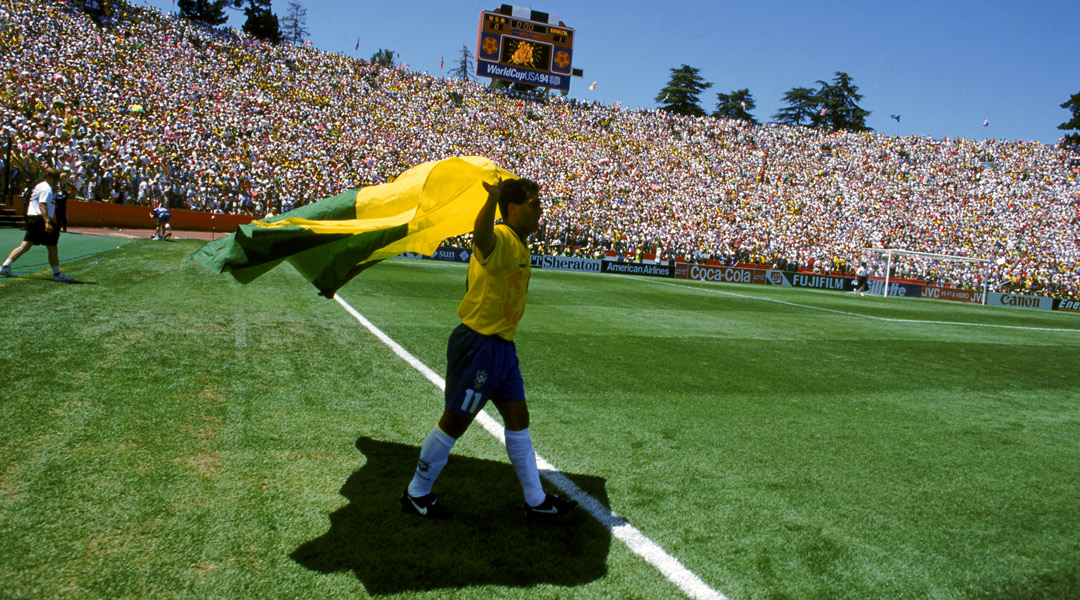
8) Macleod’s Scotland prepare to fail
“It was done on the cheap,” blasted Lou Macari after Scotland’s ignominious exit from the 1978 World Cup. Manager Ally Macleod neglected to send out a fact-finding delegation on a spying mission in order to check out the quality of their Cordoba base. Not only was the hotel riddled with cockroaches, the training ground was also littered with potholes. Crucially, Macleod neglected to get his spies to check out Peru, his team’s first opponents. “We should have invested more in our preparation,” admitted a crestfallen Ally afterwards.
9) Women: too expensive for Charlton
Relegated from the Premier League with debts of around £15 million in 2007, Charlton decided to dispense with their successful ladies’ team, saving a “drop in the ocean” sum of £250,000 a season. “Women’s football just isn’t taken seriously,” exclaimed one distraught player. “That saving is about a month’s wage for Darren Bent.” Charlton had that in hand and clawed back a rather more hefty £13m from Spurs for the striker. The Ladies, meanwhile, were eventually rescued by sponsorship and continued to play under the Addicks name, albeit with only two of the players who'd ended the previous campaign.
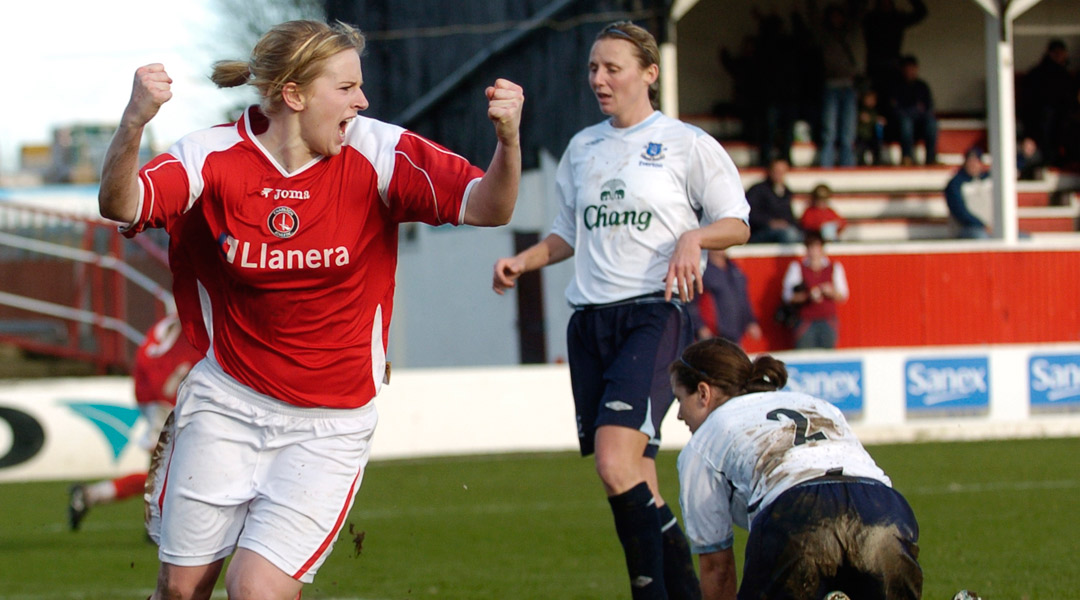
10) Cosmos brought back down to earth
In the last days of the NASL, New York Cosmos owners saved money by withdrawing the use of the Warner jet for the team for away games, suggesting that Greyhound buses would now be rather more in keeping with their new “down at heel” image. The bus idea backfired spectacularly when, before a match in Washington, the Cosmos got stuck in a 12-hour jam on the freeway, leaving them and an expectant 20,000 crowd in the capital seriously irritated.
Jon Spurling is a history and politics teacher in his day job, but has written articles and interviewed footballers for numerous publications at home and abroad over the last 25 years. He is a long-time contributor to FourFourTwo and has authored seven books, including the best-selling Highbury: The Story of Arsenal in N5, and Get It On: How The '70s Rocked Football was published in March 2022.

